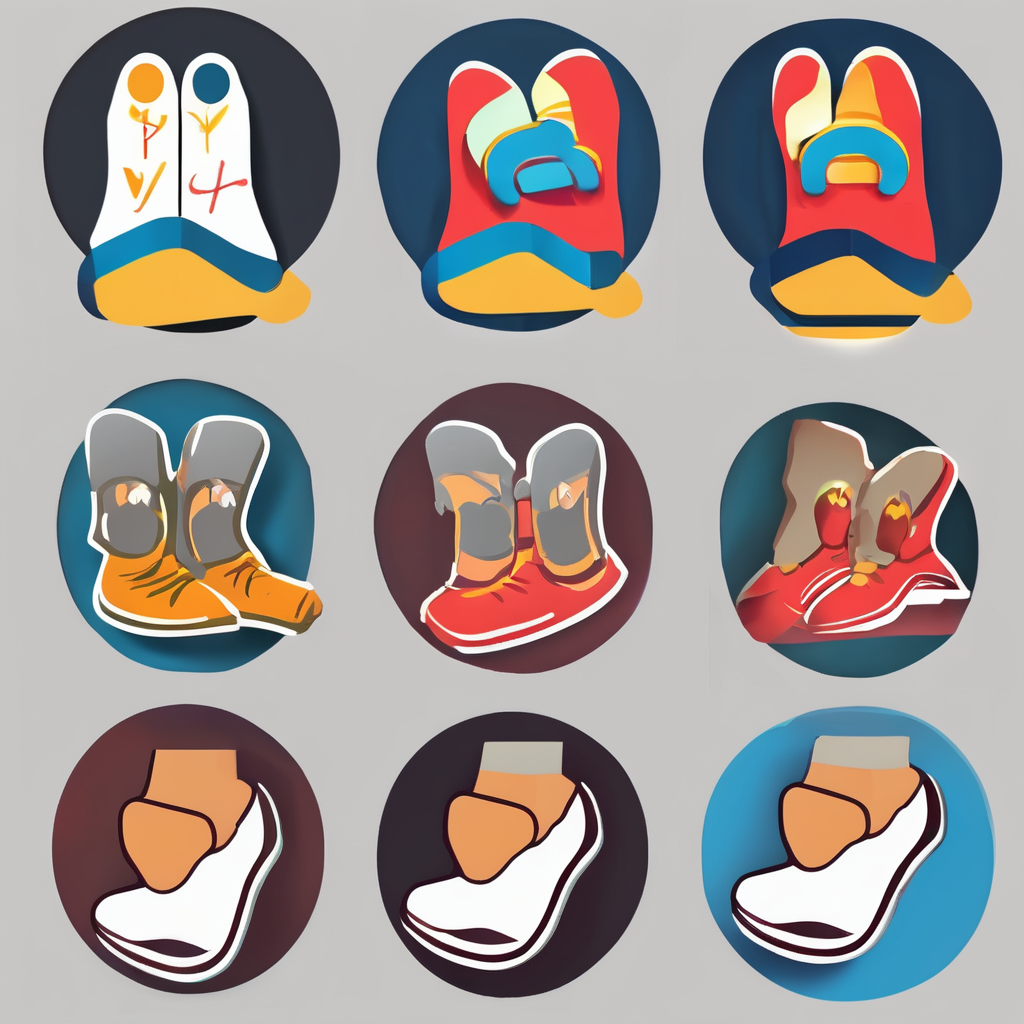Latest Innovations in UK Digital Education Technology
The landscape of UK education technology is rapidly evolving through pioneering advancements. Central to this progress is the integration of artificial intelligence (AI) and machine learning in learning platforms. These technologies analyze student data to provide adaptive learning systems that personalise educational content based on a learner’s pace and style, ensuring more effective mastery of subjects.
Additionally, UK schools are embracing virtual reality (VR) and augmented reality (AR) tools to create immersive classroom experiences. These technologies enable students to engage with complex topics interactively, making abstract concepts tangible and memorable. For example, VR can transport students to historical sites or biological environments without leaving the classroom, fostering deeper understanding and enthusiasm.
Also to discover : What role does the UK play in the development of smart cities?
These digital education advancements also address various learning needs by catering to visual, auditory, and kinesthetic learners simultaneously. The integration of these cutting-edge tools not only enriches curricula but also equips schools with methods to engage students more effectively, encouraging motivation and active participation. As such, technology in UK schools is fundamentally reshaping the educational experience into one that is more tailored, captivating, and accessible for all students.
Latest Innovations in UK Digital Education Technology
The forefront of UK education technology features significant strides in the use of artificial intelligence and machine learning within learning platforms. These innovations power adaptive learning systems that dynamically adjust to individual student needs. For example, AI algorithms assess performance in real time, enabling the delivery of personalised content that targets knowledge gaps and reinforces strengths. This tailored approach ensures students receive focused support, improving retention and comprehension.
Also to discover : Harnessing Footsteps: Can Piezoelectric Technology Power Streetlights Efficiently?
Beyond AI, virtual reality (VR) and augmented reality (AR) are revolutionising classroom interaction in UK schools. These immersive tools transform traditional lessons into engaging, hands-on experiences. Students can explore ecosystems or historical events virtually, which deepens conceptual understanding and maintains high levels of interest. The ability of VR and AR to present abstract ideas as concrete, interactive environments illustrates the profound impact of digital education advancements on learning quality.
Crucially, technology in UK schools is evolving to integrate these systems seamlessly. Combined, AI-driven platforms and immersive reality tools create comprehensive ecosystems that adjust learning pace and style to each student. This convergence marks a shift from one-size-fits-all methods to adaptive, engaging education tailored to diverse learner profiles.
Latest Innovations in UK Digital Education Technology
New waves of UK education technology build heavily on the adoption of artificial intelligence and machine learning within digital learning platforms. These systems power adaptive learning, adjusting content real-time based on student performance metrics. By continuously analysing responses, AI customises educational paths that address individual strengths and weaknesses, ensuring personalised education that is both specific and effective.
Furthermore, immersive technologies like virtual and augmented reality tools have become pivotal in transforming classroom dynamics. These tools provide interactive simulations offering experiential learning far beyond traditional methods. Whether exploring virtual environments or manipulating 3D models, students engage more deeply with subjects, enhancing retention and understanding.
The integration of these innovations means technology in UK schools is no longer a mere supplement but a core element driving customised educational experiences. Together, AI-driven platforms and immersive reality solutions enable flexible pacing and multisensory engagement tailored to diverse learner profiles. This synergy is key to advancing digital education advancements in UK classrooms, fostering an inclusive, engaging, and effective learning environment that meets varied student needs.
Latest Innovations in UK Digital Education Technology
The fusion of artificial intelligence (AI) and machine learning in UK education technology has reshaped how learning platforms function. Advanced algorithms now assess student responses in real time, enabling adaptive learning systems that personalise educational content precisely to individual needs. This targeted approach helps address specific knowledge gaps while reinforcing strengths, resulting in more effective learning experiences.
Meanwhile, virtual and augmented reality (VR and AR) have established themselves as vital tools for immersive classroom engagement. These technologies create environments where students can interact with complex subjects in three dimensions, deepening comprehension and retention. By simulating real-world scenarios, VR and AR make abstract or difficult concepts concrete and accessible.
Together, these digital education advancements spotlight the significant evolution of technology in UK schools. By combining AI-driven personalisation with immersive experiences, schools are moving beyond conventional teaching methods toward more tailored, interactive education. This integration supports diverse learning styles and keeps students engaged, underpinning a future where technology continually enhances how knowledge is delivered and absorbed.

